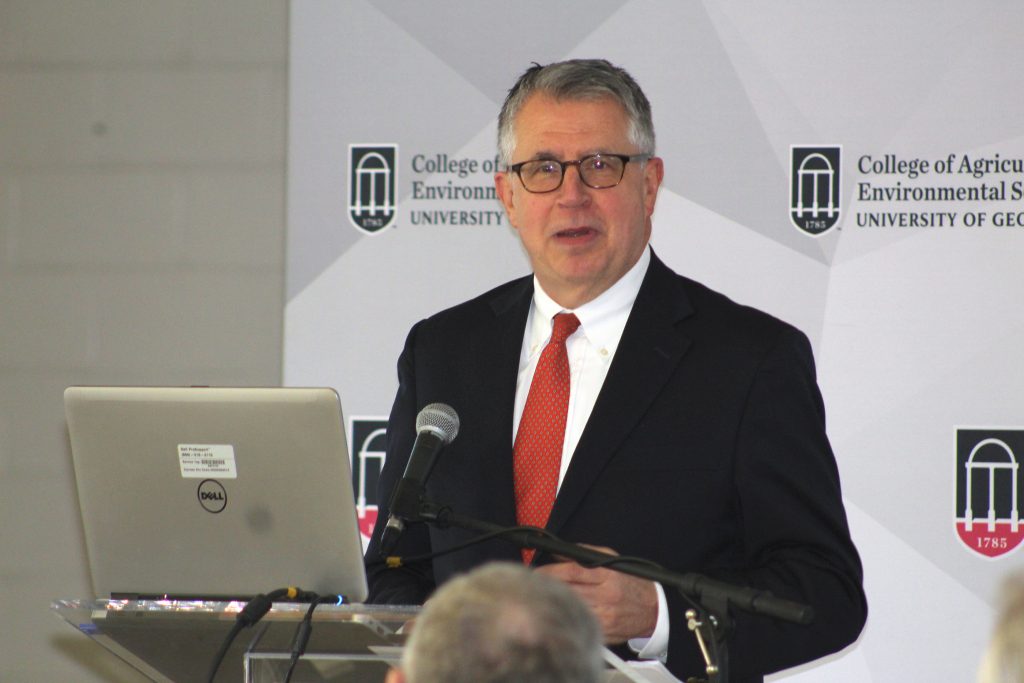
By Clint Thompson
Southeast producers who have concerns over the proposed Farm Workforce Modernization Act are encouraged to voice their displeasure to members of Congress.
It is the only way real change can be made with the current Ag labor system, says Bob Redding, who works for the Redding Firm and serves as a lobbyist for agricultural groups in Washington, D.C.
“We have a lot of turnover in Congress, a lot of turnover in congressional staff, agricultural staff, immigration staff, judiciary staff in a lot of congressional offices. It’s important for folks because, it’s easy to say, our farmers don’t like the current system. They want reform, so here’s Ag immigration reform,” Redding said. “But it’s the details, the nuances of the bill that really make it or break it. We’ve got to do an even more aggressive regular frequent education process with congressional offices about the details.
“Those four or five key pieces; the 100 versus the proposed 180 days, the AEWR differences, regional differences; all of those items are details. For these folks, it’s make or break whether they like a package or dislike it.”
The House of Representatives passed the Farm Workforce Modernization Act in March, which would make changes to the current H-2A agricultural guest worker program. Now, it’s up to the Senate.
Top Users of Program
Florida and Georgia remain the top users of the H-2A program, which allows U.S. employers who meet specific regulatory requirements to bring foreign nationals to the United States to fill temporary agricultural jobs.
But changes to the program need to be made. Florida Fruit and Vegetable Association President Mike Joyner argues it is an “old and outdated system;” a “broken” system in need of repair. Farmers can help with those repairs, but they have to be vocal.
“People should participate. If they can’t go in to see a member of Congress or congressional staff or district staffer, state staffer, they really should send a letter,” Redding said.









